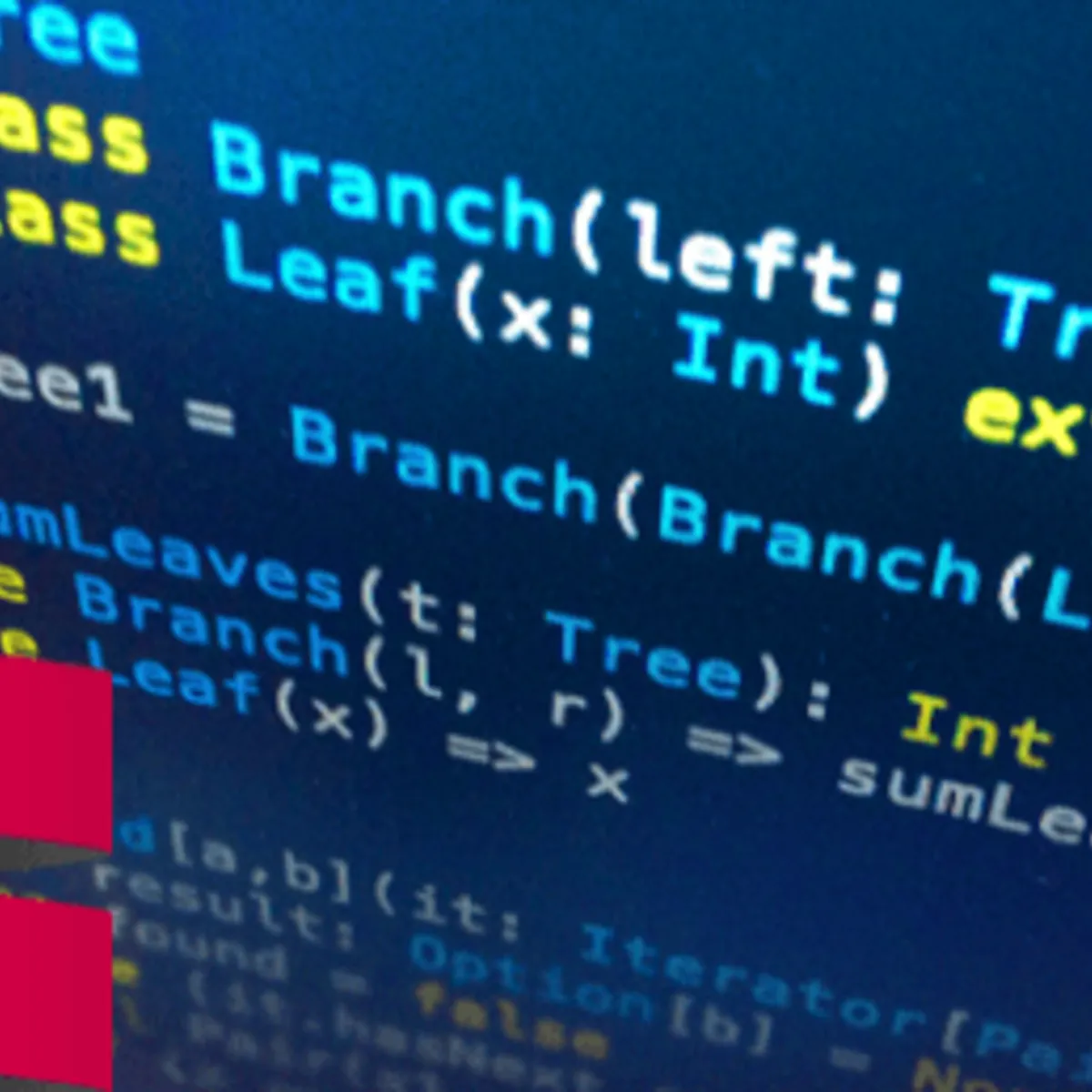
Feature Engineering for NLP in Python 
Learn how to use Python for feature engineering in Natural Language Processing (NLP)! This course will teach you how to compute basic features such as the number of words, characters, average word length, and special characters (such as Twitter hashtags and mentions). You'll also learn how to compute readability scores and calculate the amount of education needed to understand a piece of text. Additionally, you'll discover the concepts of tokenization and lemmatization, and learn how to use the spaCy library to perform text cleaning, part-of-speech tagging, and named entity recognition. You'll also learn about n-gram modelling and how to use it to analyse sentiment in movie reviews. Finally, you'll discover how to compute the tf-idf weights and the cosine similarity score between two vectors, as well as learn about word embeddings and compute similarities between various Pink Floyd songs using word vector representations. ▼
ADVERTISEMENT
Course Feature
![]() Cost:
Cost:
Free Trial
![]() Provider:
Provider:
Datacamp
![]() Certificate:
Certificate:
No Information
![]() Language:
Language:
English
Course Overview
❗The content presented here is sourced directly from Datacamp platform. For comprehensive course details, including enrollment information, simply click on the 'Go to class' link on our website.
Updated in [June 30th, 2023]
This course provides an overview of feature engineering for Natural Language Processing (NLP) in Python. Participants will learn how to compute basic features such as the number of words, characters, average word length, and special characters (such as Twitter hashtags and mentions). They will also learn how to compute readability scores and calculate the amount of education needed to understand a piece of text. Additionally, participants will discover the concepts of tokenization and lemmatization, and learn how to use the spaCy library to perform text cleaning, part-of-speech tagging, and named entity recognition. Furthermore, participants will learn about n-gram modelling and how to use it to analyse sentiment in movie reviews. They will also discover how to compute the tf-idf weights and the cosine similarity score between two vectors. Finally, participants will learn about word embeddings and compute similarities between various Pink Floyd songs using word vector representations.
[Applications]
After this course, participants can apply the concepts learned to their own NLP projects. They can use the techniques of tokenization, lemmatization, part-of-speech tagging, named entity recognition, n-gram modelling, tf-idf weights, cosine similarity score, and word embeddings to analyze text data. They can also use the spaCy library to perform text cleaning and sentiment analysis. Additionally, they can use the techniques learned to compare the similarities between various texts.
[Career Path]
Job Position Path:Data Scientist
Data Scientists are responsible for analyzing large amounts of data to identify trends and patterns, and then using those insights to develop data-driven solutions. They use a variety of tools and techniques to extract, clean, and process data, and then use statistical and machine learning methods to analyze the data and develop predictive models. Data Scientists also need to be able to communicate their findings to stakeholders in a clear and concise manner.
The development trend of Data Scientists is towards more specialized roles, such as Natural Language Processing (NLP) Data Scientists. NLP Data Scientists are responsible for developing and deploying NLP models to extract insights from text data. They need to have a deep understanding of NLP techniques, such as tokenization, lemmatization, sentiment analysis, and word embeddings, as well as the ability to develop and deploy NLP models. As the demand for NLP-based solutions continues to grow, the demand for NLP Data Scientists is expected to increase.
[Education Path]
The recommended educational path for learners interested in Feature Engineering for NLP in Python is to pursue a degree in Computer Science or a related field. This degree will provide learners with the foundational knowledge and skills needed to understand and apply the concepts of feature engineering for NLP in Python.
The degree will cover topics such as programming languages, data structures, algorithms, software engineering, operating systems, computer networks, databases, artificial intelligence, and machine learning. Learners will also learn about natural language processing (NLP) and its applications in various domains.
The development trend of this degree is to focus on the application of NLP in various domains, such as healthcare, finance, and education. Learners will be able to apply their knowledge of feature engineering for NLP in Python to develop applications that can process and analyze large amounts of data. They will also be able to develop applications that can understand and interpret natural language.
Course Syllabus
Basic features and readability scores
Text preprocessing, POS tagging and NER
N-Gram models
TF-IDF and similarity scores
Course Provider

Provider Datacamp's Stats at AZClass
Discussion and Reviews
0.0 (Based on 0 reviews)
Explore Similar Online Courses

Katakana Basics Online Course Japanese for Beginners

Cartooning: Drawing Faces and Expressions

RDBMS PostgreSQL

Intro To PostgreSQL Databases With PgAdmin For Beginners

PostgreSQL: Client Applications

Mastering SQL using Postgresql

Database Design and Basic SQL in PostgreSQL

PostgreSQL: Advanced Queries

Spatial SQL with Postgres : A language for geographers

Learn SQL Using PostgreSQL: From Zero to Hero

PostgreSQL Essential Training


Start your review of Feature Engineering for NLP in Python